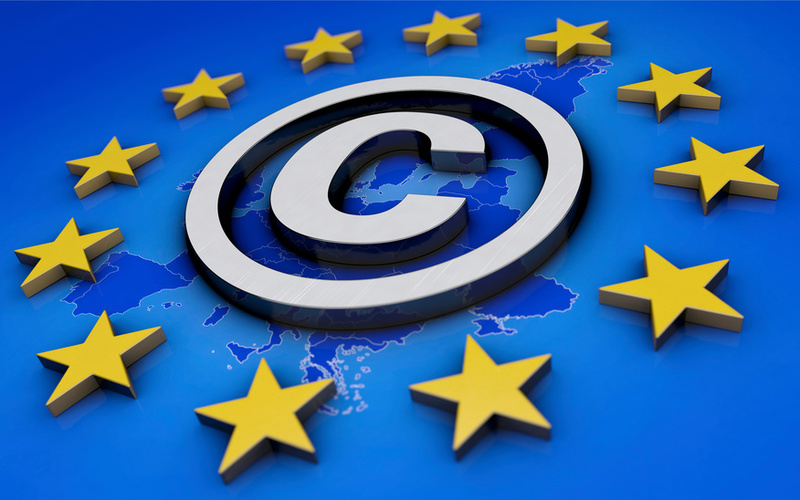Copyright reform – What you should know
 The Internet is no longer unknown territory. This basic consensus also prevailed in the European Parliament as it initiated the negotiations on a copyright reform. Now a decision has been made. On the final vote for the copyright reform 19 states voted in favor, six against and three abstained. As a conclusion the EU member states collectively approved the copyright reform.
The Internet is no longer unknown territory. This basic consensus also prevailed in the European Parliament as it initiated the negotiations on a copyright reform. Now a decision has been made. On the final vote for the copyright reform 19 states voted in favor, six against and three abstained. As a conclusion the EU member states collectively approved the copyright reform.
Why?
Through the reform authors of texts, pictures and videos should be better protected and fair payment should be ensured. The intention is to balance the claims of right-holders on one hand and users and online providers on the other hand.
How?
The package contains a total of 23 articles, two of those are highly controversial: Article 15 (formerly 11) and Article 17 (formerly 13):
- Article 11/15 – also known as ancillary copyright for publishers – is intended to establish a so-called ancillary copyright law which prohibits the use of protected works or parts of them without the consent of the authors. So all of those, who want to use the smallest excerpts of journalistic content on the web, need the publisher's license.
- Article 13/17 explicitly deals with user-generated content and thus with all websites where internet users can upload something. The article intends that these websites are forced to review any uploaded content for copyright infringement or to authorize them. In order to meet the simple abundance of content with software, it is feared that an upload filter must be introduced.
- Exceptions apply to platforms that are less than three years old or gain a maximum of 10 million € per year.
- In the protocol statement of the vote the Federal Government promises to interpret the definition of affected platforms in such way that Article 17 applies only to market-dominant platforms such as YouTube or Facebook.
It is still unclear how the requirements of copyright reform can be transposed into national law. It will take some time until the users will feel the change as the members of the EU have two years to implement them.
Tag-Filter
16.11.2021 - Our aixCMS [more...]
29.07.2021 - IT security with aixzellent [more...]
03.05.2021 - Challenges with mobility data [more...]
26.02.2021 - Mobile Device Management with Relution - Device Management for schools and SME [more...]
28.01.2021 - Choosing your own cloud - GDPR-compliant and without compromises [more...]
30.11.2020 - OnlyOffice - Working without Microsoft and Google [more...]
02.11.2020 - Digital policy and state trojans [more...]
30.09.2020 - Online events – more than a room [more...]
28.08.2020 - Consent-free tracking with Matomo as an alternative to Google Analytics [more...]
22.07.2020 - Privacy Shield Judgement - Privacy vs mass surveillance [more...]


